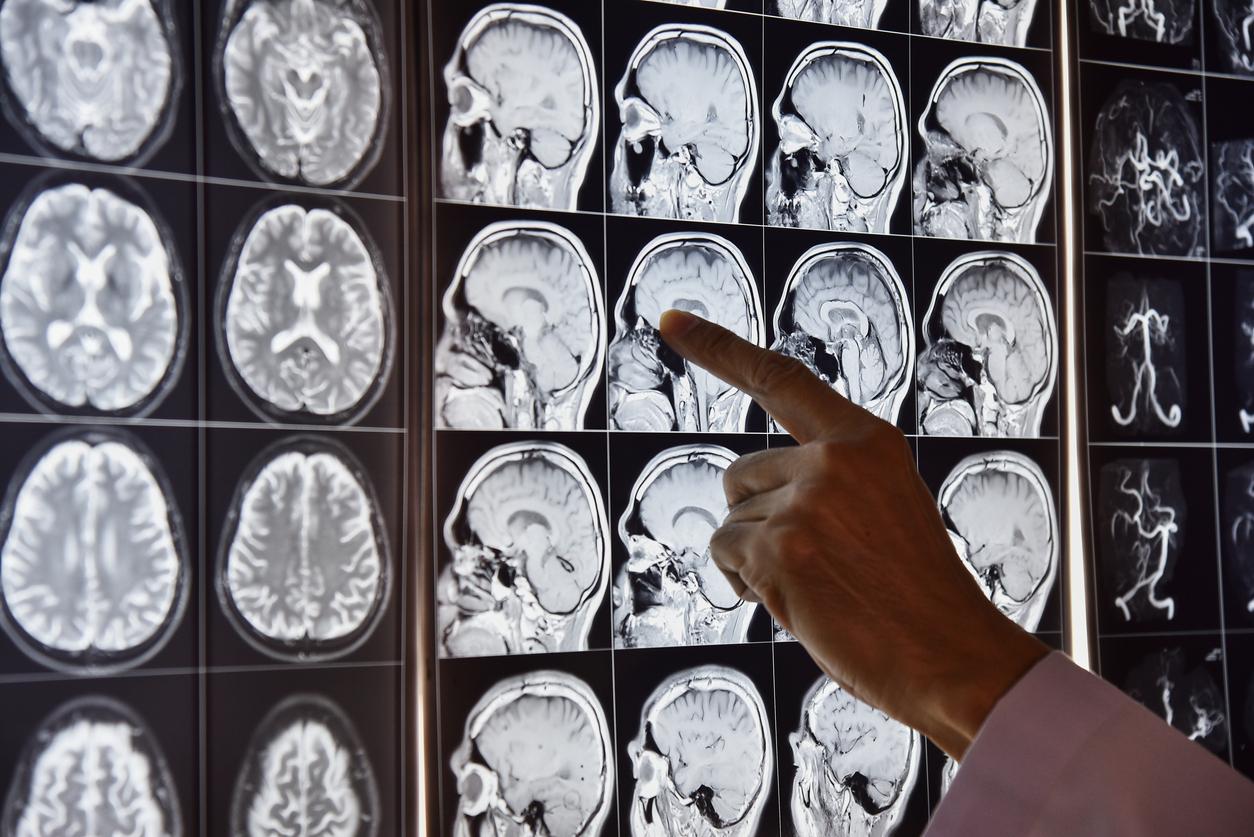People suffering from a loss of smell, or anosmia, after a Covid-19 infection, have reduced brain activity and impaired communication between two parts of the brain managing olfactory information. This is revealed by a new English study.

- People with a loss of smell due to Covid have reduced brain activity and impaired communication between two parts of the brain that process olfactory information.
- This suggests that this loss of smell is linked to impaired brain function that prevents odors from being processed properly.
- However, this may be reversible and it might be possible to reprogram the brain to allow long Covid sufferers to recover their sense of smell.
People living with long Covid who suffer from loss of smell show patterns of activity in certain brain regions that are different from others, a new study by researchers from University College London (UCL) reveals. ).
The research used MRI to compare the brain activity of people with long Covid who lost their sense of smell, those whose sense of smell had returned to normal after infection and people who had never tested positive to Covid-19.
Loss of smell is linked to reduced brain activity at the olfactory level
Posted in eClinicalMedicine (part of the review The Lancet), the observational study shows that people with a loss of smell due to Covid have reduced brain activity and impaired communication between two parts of the brain that process important olfactory information: the orbitofrontal cortex and the prefrontal cortex. . This connection was not altered in people who regained their sense of smell after Covid.
This suggests that the loss of smell, also called anosmia, caused by long Covid is linked to a change in the brain that prevents smells from being processed properly. However, this may be reversible and it might be possible to reprogram the brain to allow long Covid sufferers to recover their sense of smell.
Will we soon be able to help long Covid patients regain their sense of smell?
“Our findings highlight the impact of Covid-19 on brain function to process different smells. It could help the brain regain lost pathways and help people with long Covid regain their sense of smell.”said co-lead author Claudia Wheeler-Kingshott, UCL Professor Queen Square Institute of Neurology), in a communicated.
The researchers say their findings also suggest that the brains of people with a loss of smell due to Covid could compensate for this loss of sense by strengthening connections with other sensory regions. Indeed, the neurons that manage smell are still there, but simply function in a different way and could therefore be reprogrammed. New studies are still needed to find out how and to confirm these results.

















